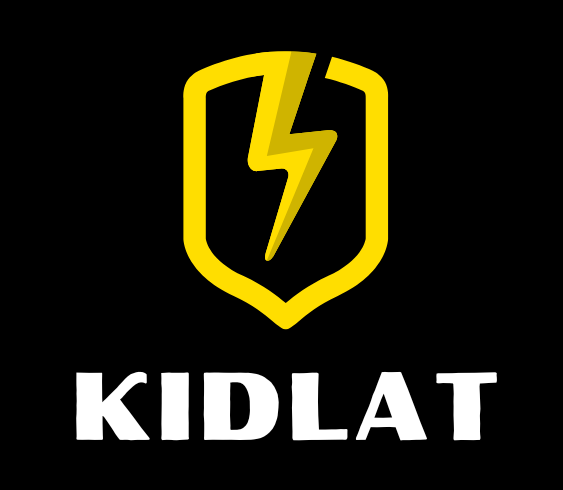Off-Grid School in Agusan Now Powered by Solar, Thanks to Kidlat EV
- July 4, 2025
- 0

Datu Saldong Domino Elementary School, a remote public school in Agusan del Norte is now enjoying constant electricity and high-speed internet after being energized through a solar power project led by clean energy firm CostPlus, under its Kidlat EV brand.
Located in Buenavista, Datu Saldong Domino Elementary School, was equipped with a standalone solar photovoltaic system and energy storage solution. This marks a major milestone in the Department of Education’s (DepEd) push to modernize learning in off-grid areas.
The program was made possible through a collaboration between DepEd and the National Electrification Administration (NEA). It was spearheaded by Education Secretary Juan Edgardo “Sonny” Angara, who emphasized the grander impact of the program beyond infrastructure.
“I came here not just to see lights turn on—but to see a community empowered,” said Angara during the site visit. “Every child deserves quality education, and today, electricity brings us closer to that goal.”
Kidlat EV, which served as the technical provider, designed, delivered, and installed the system. They also trained local school personnel and community m
“Access to electricity and internet is no longer a luxury—it’s foundational for modern education,” said Anand H. Mahtani, President of CostPlus. “We’re proud to support DepEd’s vision by delivering clean, resilient solar energy that empowers teachers and students.”
The solar setup eliminates the school’s reliance on diesel generators and significantly reduces its carbon footprint. The integrated internet connection also now allows students and teachers to access digital learning platforms and resources for the first time.
The school is classified as a last mile school, part of a broader group of institutions that remain underserved due to geo
DepEd and NEA consider the project a blueprint for inclusive and sustainable development, combining renewable energy, digital connectivity, and grassroots training.
Follow Power Philippines on Facebook and LinkedIn or join our Viber community for more updates.